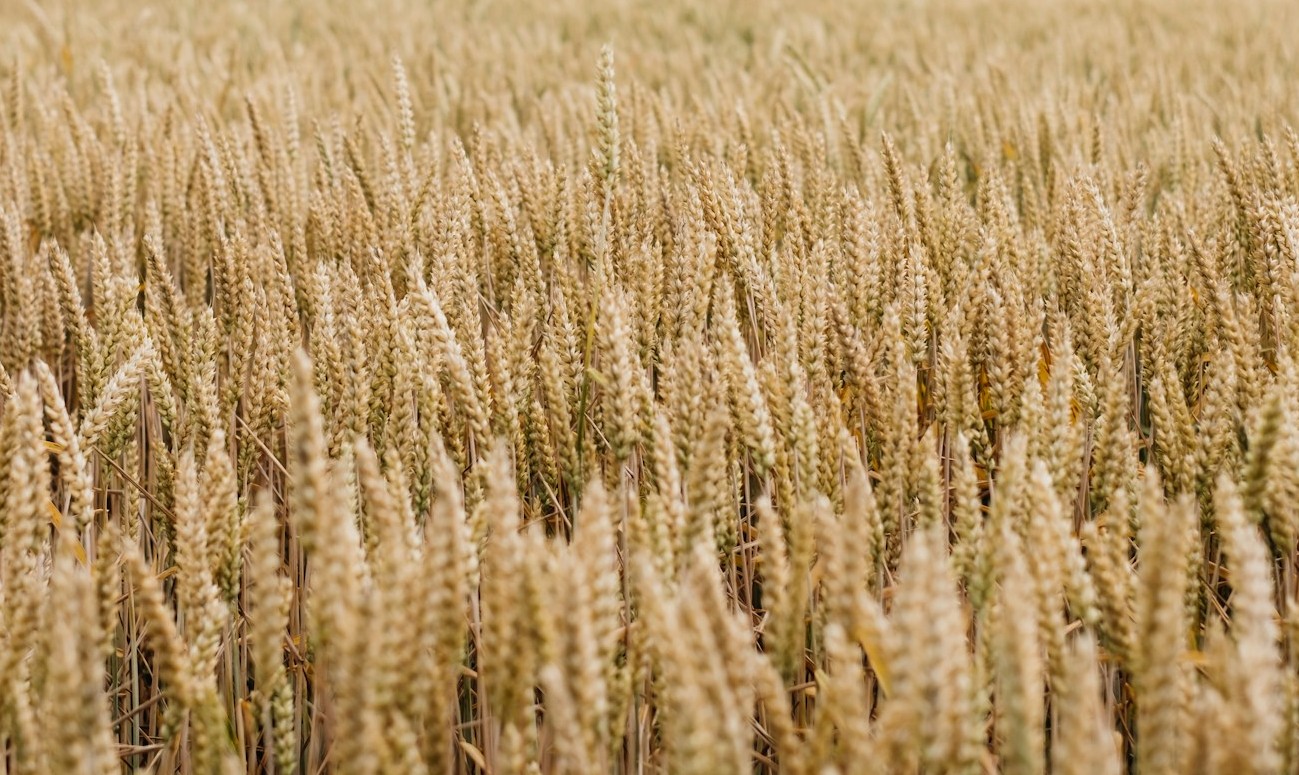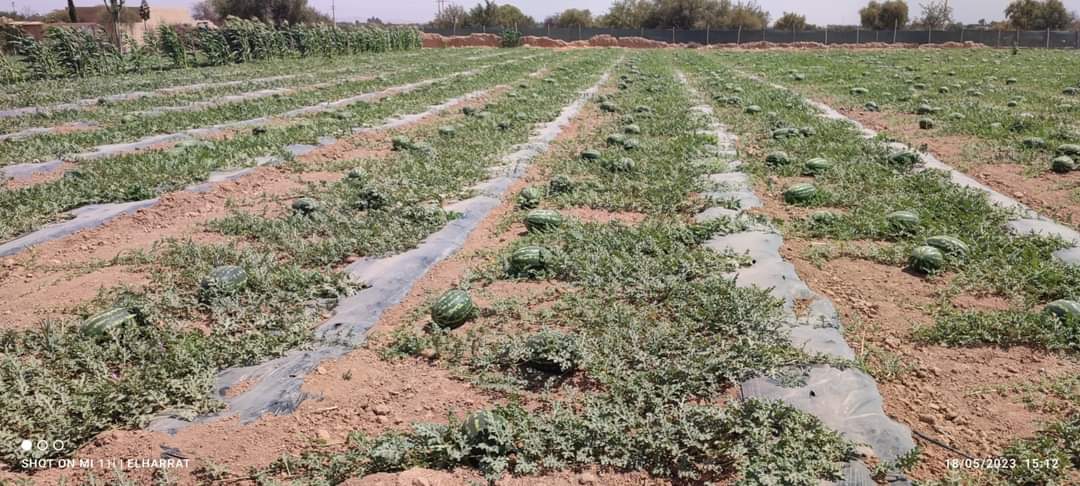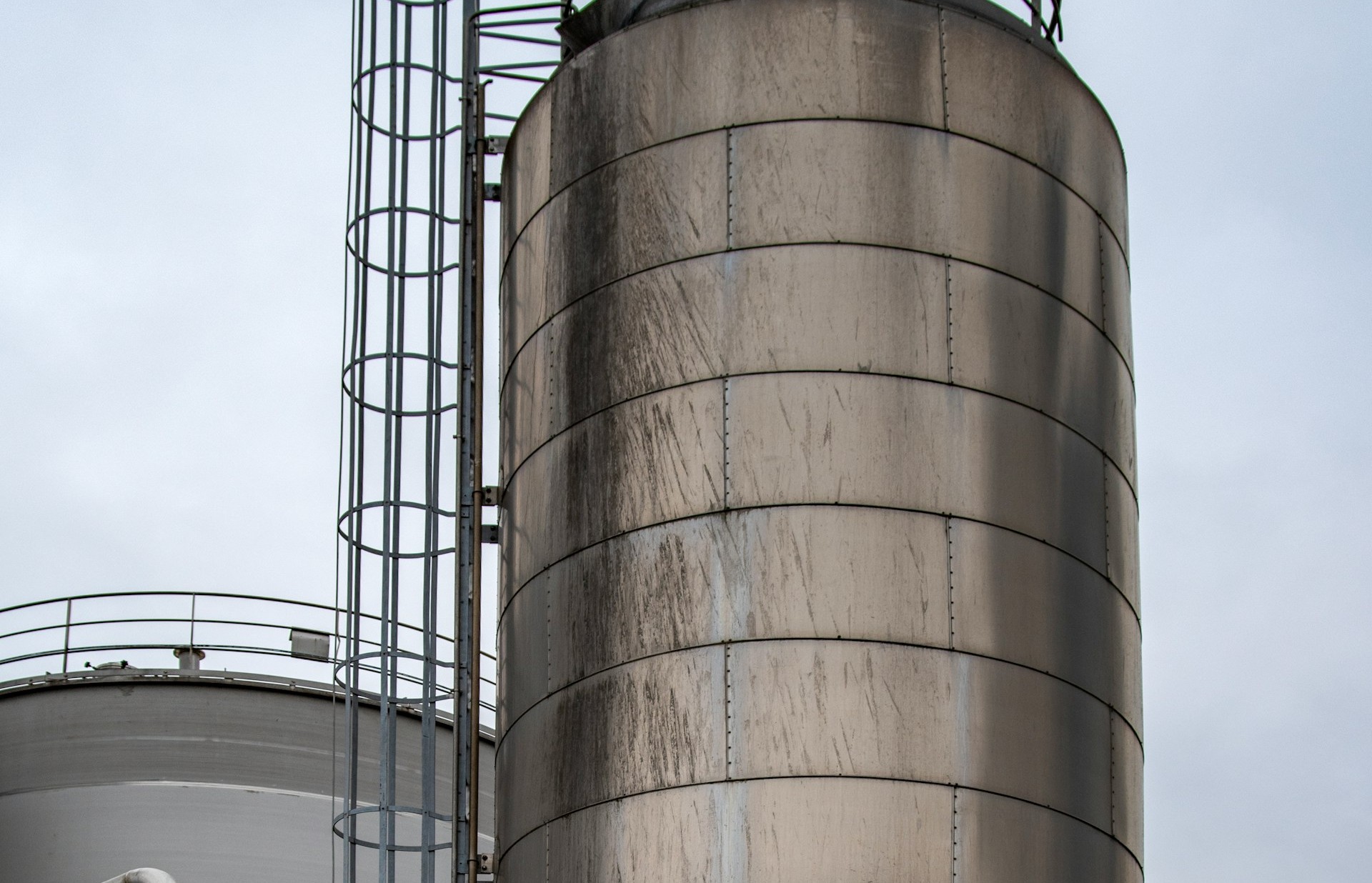Casablanca – As Morocco continues to navigate an uncertain agricultural season and rising global food prices, the country is ramping up its efforts to maintain stable domestic supplies of key food staples, particularly soft wheat and barley. Recent data from the European Commission and the Moroccan National Office of Cereals and Legumes (ONICL) highlight the scale of Morocco’s dependence on imports and the government’s measures to support food security.
Heavy reliance on European grain imports
During the current marketing season (2024/2025), Morocco has emerged as the second largest importer of soft wheat from the European Union, receiving nearly 2 million tons—specifically 1,995,567 tons—between July 2024 and March 2025. Only Nigeria imported more during this period.
The volume, however, reflects a significant decline from the previous season, when Morocco imported over 3.58 million tons over the same time frame. In addition to wheat, Morocco also ranked as the second largest importer of EU barley, with 582,323 tons imported as of the end of March. This is a decrease from 921,104 tons in the 2023/2024 season.
Soft wheat subsidy reduced
To help maintain stable wheat prices domestically, ONICL offers a flat-rate import subsidy to grain importers. However, the April 2025 subsidy has been significantly reduced to $0.72 per quintal, compared to over $1.50 in previous months.
This reduction, equivalent to a 100% drop compared to earlier subsidies in the year, comes despite the continued importance of wheat to the Moroccan food supply, particularly for bread production.
Food security concerns and import extension
With national grain production expected to be lower this season due to unfavorable weather and other agricultural challenges, Moroccan authorities have extended the soft wheat import program until December 31, 2025, to ensure adequate reserves.
The extension is aimed at avoiding shortages and price volatility in the local market. Moroccan importers are also preparing to source more grain from Eastern European markets, coinciding with the upcoming harvest season in those regions.
Global market dependence
EU data also revealed that the bloc exported 15.68 million tons of soft wheat and 3.76 million tons of barley globally by the end of March. Morocco’s significant share of these exports underlines its vulnerability to external market shifts, supply chain disruptions, and geopolitical instability.
Meanwhile, the EU itself imported 6.31 million tons of soft wheat and 931,214 tons of barley, mostly from countries like Ukraine, Canada, and Moldova. Ukraine alone supplied over 4 million tons of soft wheat and nearly 400,000 tons of barley to the EU.
Durum flour exports: A bright spot
In contrast to its heavy reliance on imports, Morocco continued to lead EU suppliers in durum wheat flour, used primarily for pasta. It exported 914 tons of this product to the European market so far this season, ahead of Turkey (391 tons) and Egypt (338 tons).
Morocco’s food security remains tightly linked to international markets, with soft wheat and barley imports playing a critical role in meeting national consumption needs. Despite policy efforts, including subsidies and extended import programs, the country continues to face challenges from declining local production, volatile global prices, and currency fluctuations. Strategic planning and diversified sourcing will be essential to strengthening resilience in the months ahead.
















